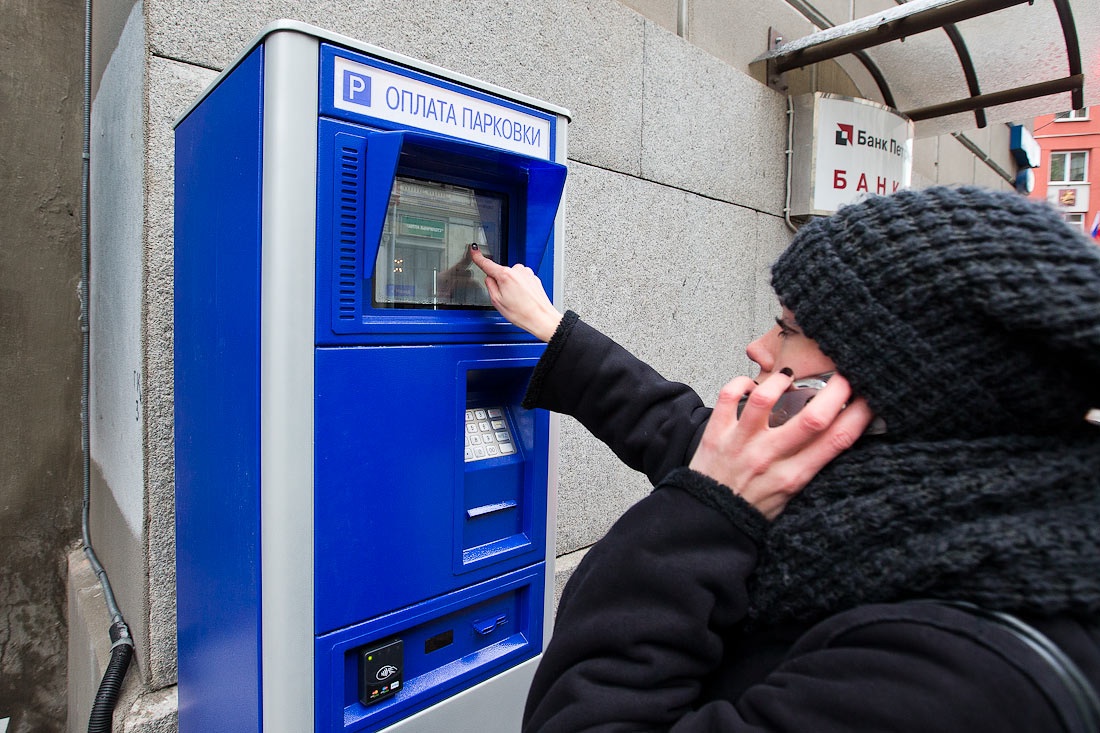The need for clear Business Models to make cities smarter

It is well known that cities today face new challenges due to increased population density which inevitably translates to more demand on services. The high growth in internet connected devices and applications and the internet of things are enabling the introduction of Smart Cities as a viable solution to improve the provision of city services.
However, the actual economic context is not helping the introduction of the smart cities infrastructure. Depleted public finances from the recession are slowing down public investment. The financial situation, the unavailability of credit, and the new pressures and regulations on financial institutions to reduce risk exposure by building stronger deposit bases, are limiting the available cash flow, slowing down private investment.
These difficulties are even worse if we consider that normally the required services do not show clear business models and the fast moving pace of the internet and ICT industry and slow reaction time of city administration to changes in these sectors.
Hence, the financial dimension is possibly the biggest factor preventing meaningful smart city deployments. Funding needs to be drawn from the scarce range of sources for smart cities to bloom; policy makers, technology and service companies, investors, and utilities alike wonder how to get this market going. The smart city market, in the sense of instrumenting, interconnecting, and making it more intelligent, clearly has enormous potential but, as of today, is a zero billion dollar market.
Digging a little deeper, however, we were able to understand that some domains of the smart city market were very hesitant, while others are currently flourishing. If organized well, the scarce public funding can be used to unleash private and philanthropic investments.
However, access to funding requires a creative articulation of value cases using metrics that demonstrate social, economic, and political value. Without going into too many economic, historical, or strategic details, we advocate three clearly defined stages for the deployment of smart city technologies and services:
- The first phase ought to be dedicated to technologies and services that not only offer utility (in the sense that they are of great use and make urban living truly smarter) but also offer very clear return on investment (ideally after a very short break-even time). This phase is of utmost importance, since it essentially sets the technological basis (introducing the developed platforms described above) and guarantees viable bootstrapping of the smart city market by generating cash flow for new investments.
- The second phase has the scope of ramping up technologies and services requiring large upfront investment. These may have a longer period for return on investment, or not necessarily produce direct financial gains, but perhaps just be of great use (or yielding second-order revenues). These technologies and services are expected to be attracted by the finances generated in the first phase, attracting private capital, and taking advantage of previously deployed infrastructure to lower the barriers to entry (i.e., platforms).
- The third phase relies on data availability through standardized APIs offered by the implemented platforms. Multiple services might then be offered by third party developers. This phase has the scope of making the system self-sustainable, by developing services on top of the existing smart cities infrastructure, and involving the whole value chain (through standardized APIs).This might produce a new tertiary sector exploiting data generated in the existing infrastructure.
In the following articles we will provide examples for the first phase and demonstrate that clearly articulated business cases and ICT technologies such as intelligent parking guidance systems can bootstrap the smart city market.
 By Ignasi Vilajosana, CEO of Worldsensing (www.worldsensing.com)
By Ignasi Vilajosana, CEO of Worldsensing (www.worldsensing.com)
About Worldsensing
Worldsensing specialises in the design of pioneering smart wireless technologies.
The company has experimented an exponential growth since its pioneering smart parking system Fastprk, based on wireless sensors installed in each parking bay, recently deployed the largest intelligent parking project in the world in Moscow (14k sensors installed). The system has successfully proven its outstanding reliability and utility by reducing traffic density within the most congested city in the world. For more information, visit www.worldsensing.com



Comments
There are no comments yet for this item
Join the discussion